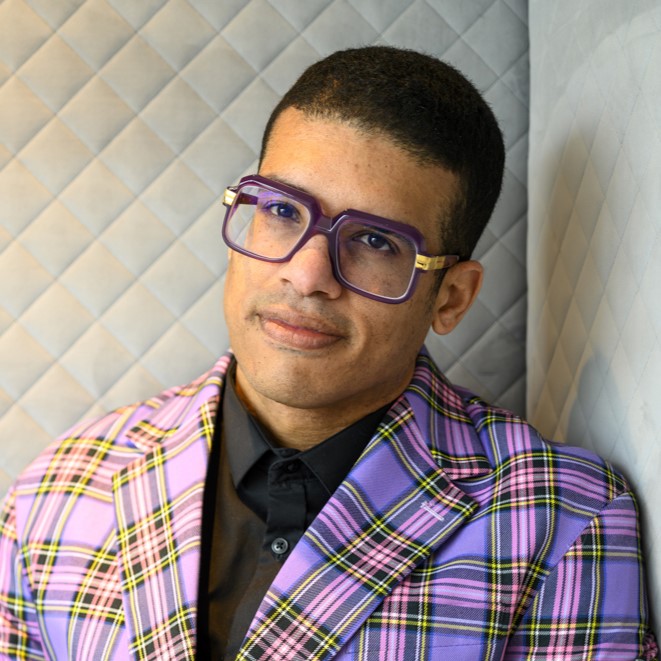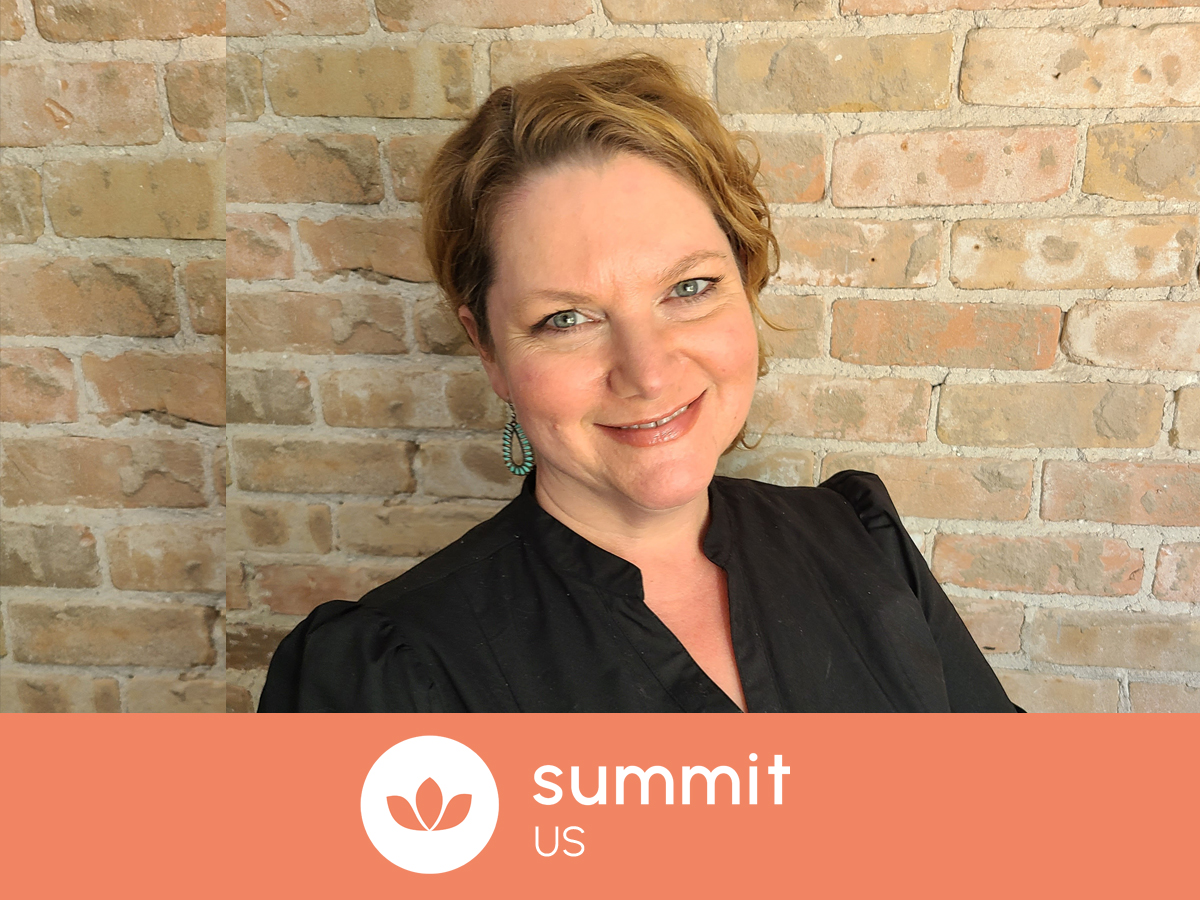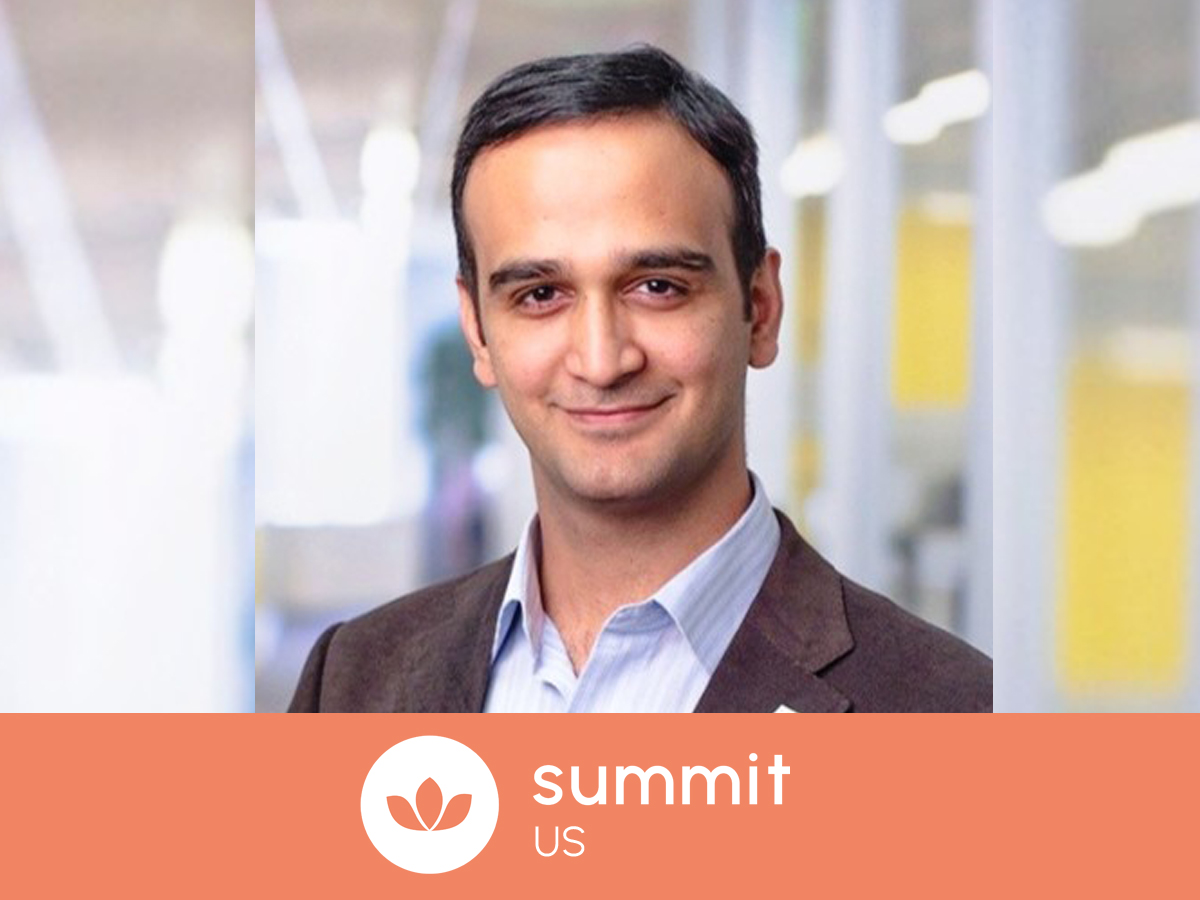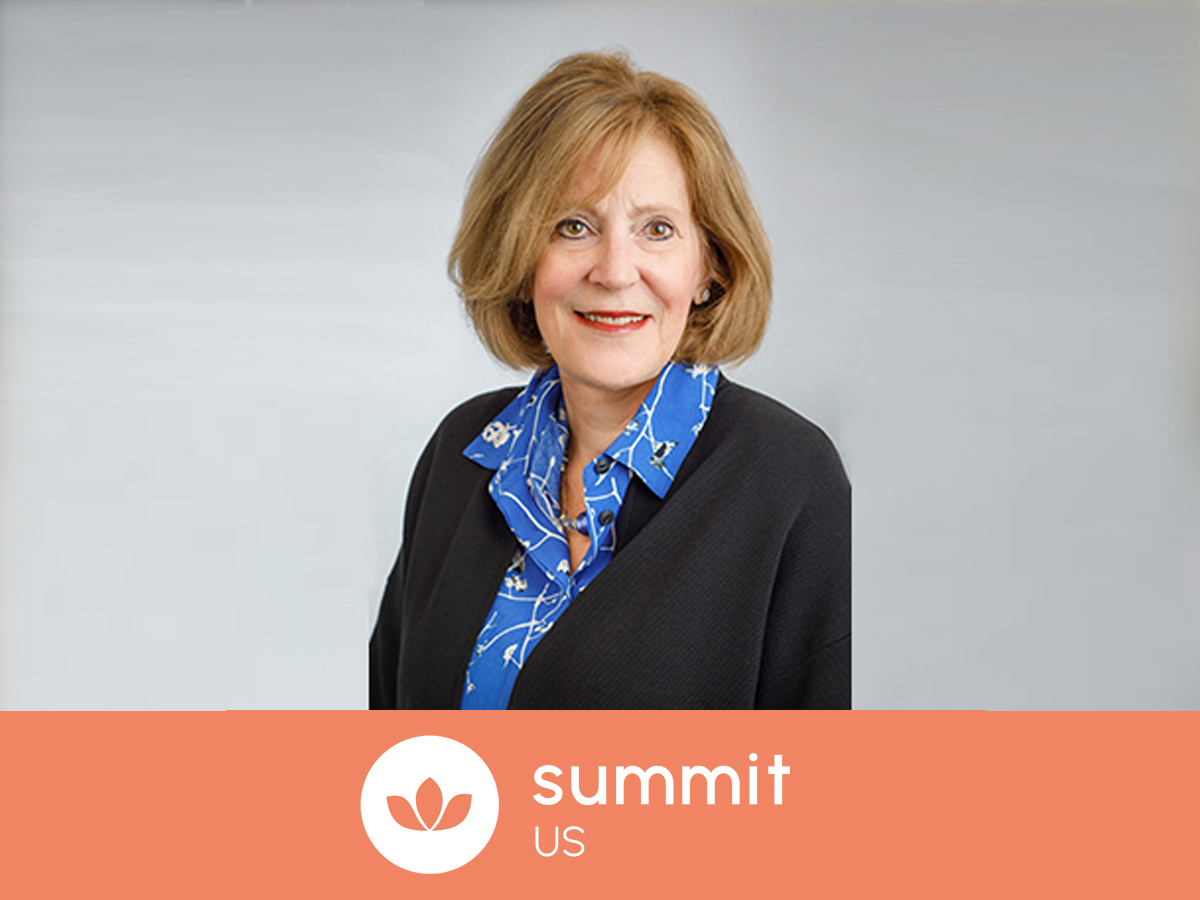
After a diverse career in corporate finance, local government and elite sports, Lee launched Essentialise in 2020 with a desire to bring a focus on inclusive and accessible wellbeing, featuring on this year’s Startups 100 Index and winning a Great British Entrepreneur Award for their work. He is the Director of Male Allies UK and is on the board of CMI Women.
He is the current UN Women Changemaker of the Year and a National Academy of Sciences Kavli Fellow, for his work on health inequality. He has taken the stage at the Bloomberg Global Equality Summit, One Young World and ChangeNOW.
We are delighted that Lee will be speaking in Manchester this September as part of our Wellbeing at Work Summit UK.
We caught up with him to find out how he’s feeling in the run up to the summit.
Hi Lee, we are thrilled you will be speaking at our Wellbeing at Work Summit UK in September. Our first and most important question is, how are you doing today?
I’m doing well, both personally and professionally. It’s 10 years since I was released from hospital into walking rehab so I’m in a reflective place on everything that has happened over the past 10 years and how much I have evolved in that time.
As a leader based in the region, what are the main challenges you are facing when it comes to employee wellbeing?
The main things I’m hearing from those I’m close to is an element of wellbeing fatigue, caused by an influx of solutions that haven’t improved the wider situation, broader commercial pressures and increasing employee expectations. In many ways, we need to be looking at fixing work, rather than the people that are there.
What strategies have you seen developing over the past 6 months, both internally and externally, that is moving the dial on wellbeing in the workplace?
As the noise has died down in 2024, it’s the organisations that are stepping back from bringing in solutions, taking the time to identify what barriers and resistance they can tackle, and then aligning wellbeing with inclusion and operations that are gaining traction. Another thing that I’ve notice is really pivotal is being able to have managers be the point of personalisation within the workplace, and when it’s done well, opportunity to be well increases alongside overall engagement.
Why is employee wellbeing so important to you personally?
I’ve been on both sides of the coin, running an organisation with a whole range of priorities, but seeing how investing in wellbeing improved our performance, sustainability and retention of talent. And personally, I manage a chronic Illness, have had to learn to walk again and faced some challenges with my mental health. Wellbeing done well can leave a legacy in peoples lives, and there is both privilege and fulfillment within that.
What are you most looking forward to about the Summit in September?
Taking the stage and bringing a different perspective to the wellbeing debate, catching up with people I rarely get the chance to see, and learning from others who are sharing their mistakes, challenges and insights.
Tell us, what is your vision for the future workplace, in terms of engagement, health and wellbeing?
That we really start to see wellbeing embedded within every letter of ESG, as people sustainability is a vital part of the future of work. That culture and climate are aspects that are continually worked on, rather than a side project. That we continue to explore ways of working that are effective for those that have barriers to legacy ways. And that the skills of allyship become embedded into the future of leadership.
What areas do you think employers should be focused on over the next 12 months?
Consider how wellbeing is personalised in a world where algorithms curate many employees lives. Using tech with intention and only as an enabler, as often it can be barrier without organisations being aware of it. Optimising aspects such as workload, role clarity and inclusive behaviours, giving people more space to be accountable for their own wellbeing, and engaging in the activities that energise them.
How has your organisation been leading the way?
We’ve really focused on what is happening way up the stream before people start to show the signs of struggling. I’m extremely passionate about wellbeing in men, who are often a challenge to engage. That’s why we recently set up an organisation to focus on the skills of male allyship, as from our research, it made men more likely to be compassionate to themselves and to other men, and we need more of that in the world today.
Lee will be speaking in Manchester at the Wellbeing at Work Summit UK which takes place live and in-person in London and Manchester with an additional day of virtual sessions too. Further details on the Summit can be found here.



